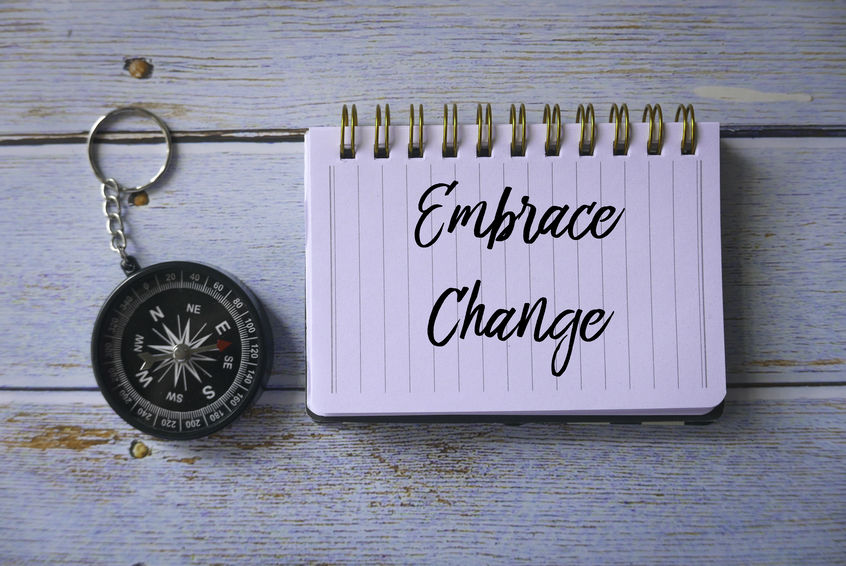Etiquette as Awareness

Awareness is the degree to which we are alert and attentive to our internal states, preferences, intuitions, and surroundings. We can identify our emotions, perceptions, strengths, and weaknesses, and realize that others also strive for these habits.
When mindfulness and intentionality are taken on as life goals, the actions of kindness and courtesy satisfy and reward us, giving a sense that we are helping to make the world a better place.
Social Awareness and Etiquette Skills
Being both realistic and optimistic helps a person explore what it means to be “recognizably respectful” throughout all situations involving others. It always comes down to awareness: “What’s it like to be on the other side of me?”
Consideration of other people not only makes you etiquette-ful, it shifts your perspective outside of yourself, making you more friendly and approachable. In any given social situation, you are called upon to make eye contact, greet people, and begin a conversation. These etiquette skills will only seem forced or robotic if you are not socially aware enough to put them in the context of your environment and audience.
You can enhance both your social awareness and etiquette skills by practicing the following:
- Aim to be present and available.
- As a learner, give yourself “breath-ful” moments during the day to focus on what you are aware of.
- Give yourself permission to quiet the chatter in your thoughts.
- Practice mindfully listening to others, seeking understanding and empathy.
- Find something positive to say about what others are saying and compliment accordingly.
- Ask yourself, “Am I acting as a person I’d like to meet?”
- “Is there anything I can say or do right now to show this person that they are valued?”
Knowing You
Courtesy, politeness, manners, and civility are all a form of awareness. Being civil means constantly being aware of others and weaving restraint, respect, and consideration into the very fabric of this awareness.
~ P.M. Forni
The degree to which you socialize with other people depends on your comfort level. Whether you feel at home in a crowded room of strangers or search frantically for a friend you can hang out with throughout the event depends on what you’re comfortable with.
But the thing that can increase your confidence and, therefore, your comfort level in social situations is your knowledge of etiquette skills. Knowing what is expected of you and that you have the skills to meet that expectation, will make you confident in taking necessary action.
And when your confidence wanes, being self-aware enough to know that you need to adopt a new skill set or make some emotional adjustments to pick yourself up will serve you well. Give yourself an awareness check with these questions:
- How do I feel about my current circumstances?
- What might I do in this moment to feel successful?
- What is holding me back?
- What behaviors serve me well each day?
- What do I know about myself that will get me through a current situation?
Knowing you, how you act and react, and how you relate to other people is a great help in understanding how to navigate your life socially and professionally. And when you help other people feel heard, acknowledged, and respected, you, too, benefit by the internal civilizing awareness that etiquette can help you be the person you want to be.














